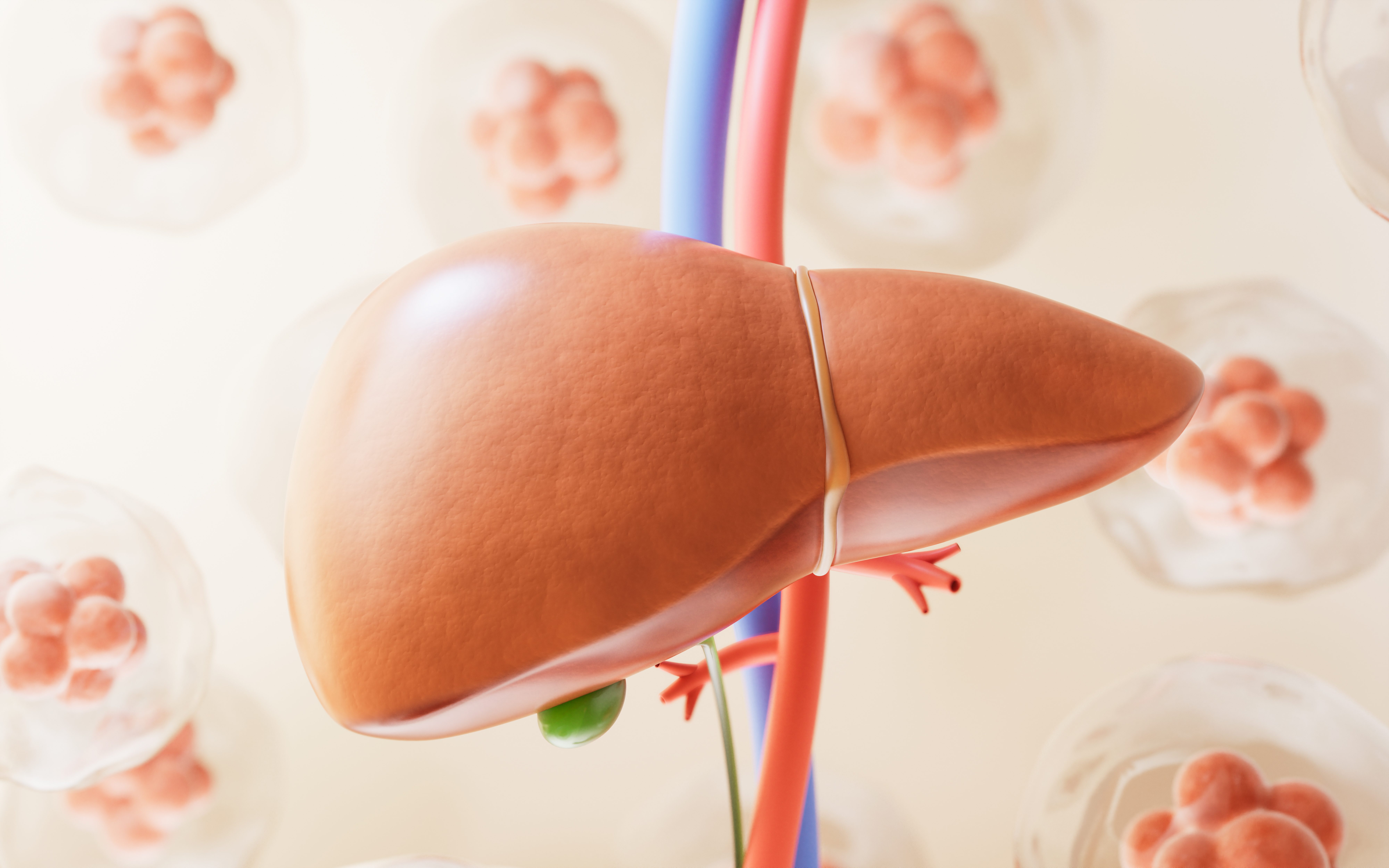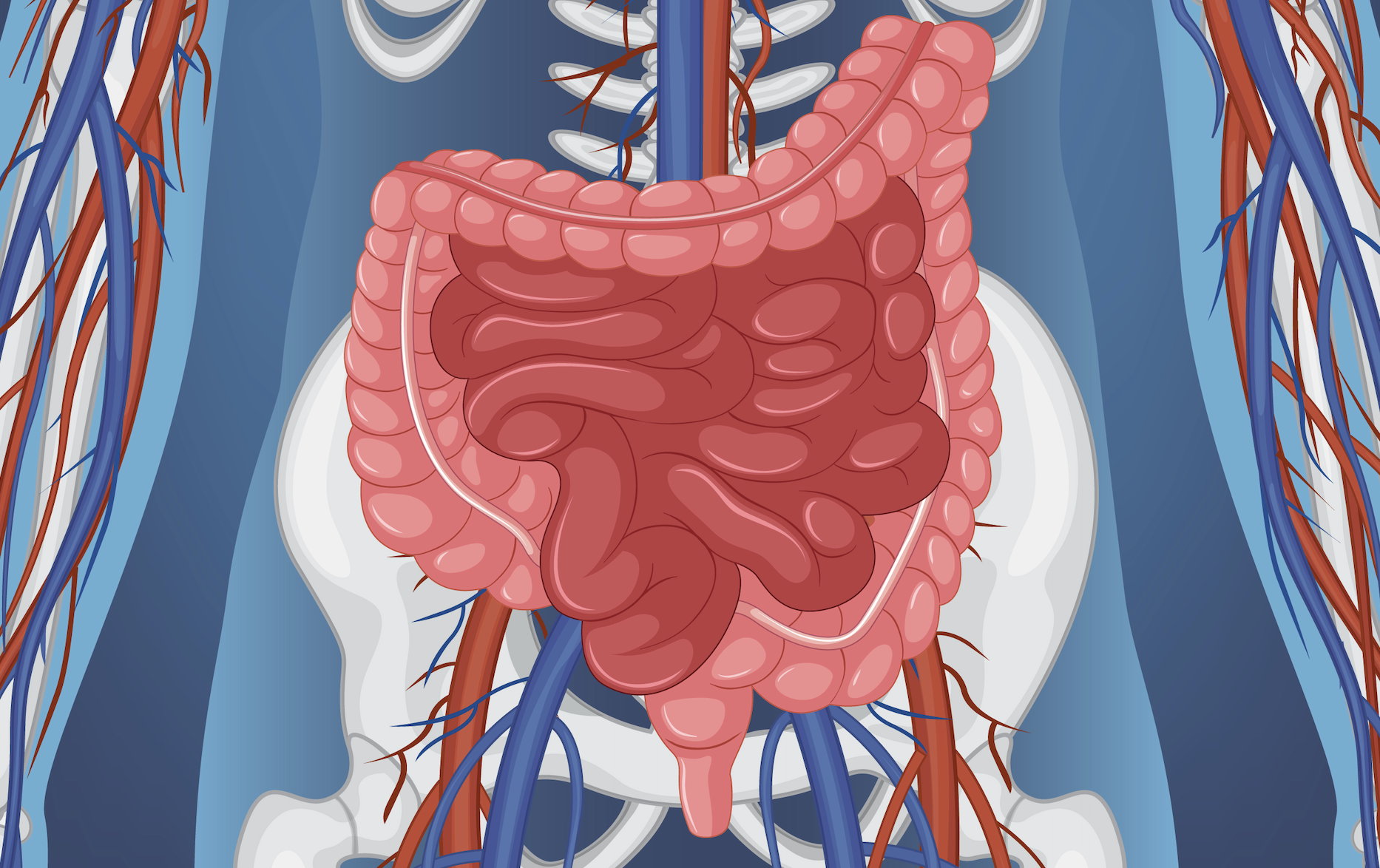The study discusses the potential of alginate-encapsulated hepatocyte transplantation as a treatment for liver failure. The clinical application of this method has faced challenges due to the scarcity of primary human hepatocytes and difficulty in ensuring their quality. The researchers previously developed proliferating human hepatocytes (ProliHHs) and now have produced quality-controlled ProliHHs on a large scale. These cells were engineered into liver organoids to enhance their maturity.
The encapsulated ProliHHs liver organoids (eLO) were transplanted intraperitoneally into animals with liver failure. The treatment resulted in increased survival rates in mice with post-hepatectomy liver failure (PHLF) and improved liver functions, as evidenced by reduced hyperammonemia and hypoglycemia. eLO treatment also protected the gut from PHLF-induced permeability and normalized serum endotoxin and inflammatory response, promoting liver regeneration. The therapeutic efficacy of eLO was further demonstrated in acetaminophen-induced liver failure.
Importantly, assessments of toxicity and biodistribution indicated that eLO had no adverse effects on animals and remained non-tumorigenic. Overall, the study suggests that encapsulated ProliHHs liver organoids show promise as a safe and effective treatment for liver failure.
Keywords: Organoids, hepatocytes, liver failure




